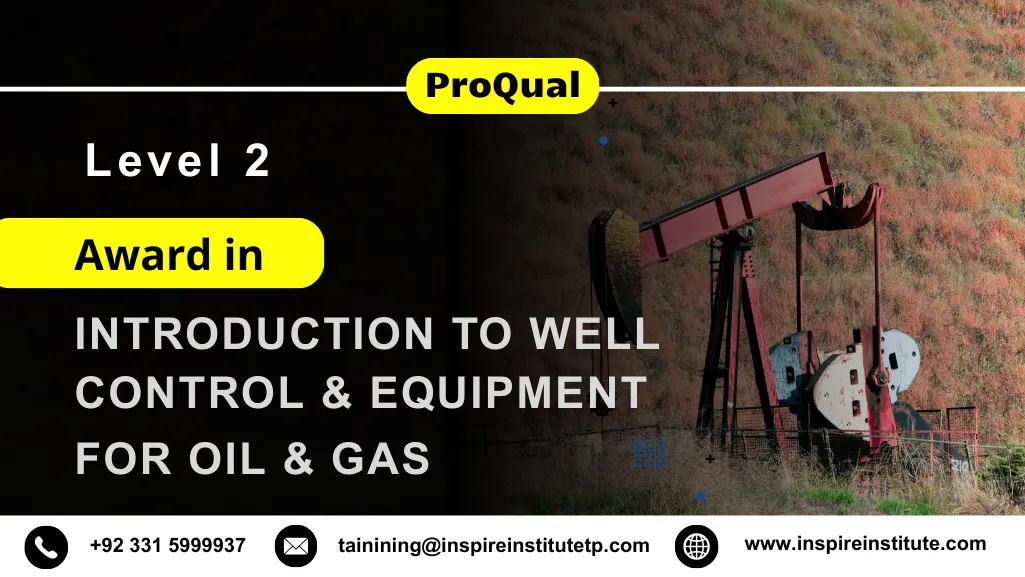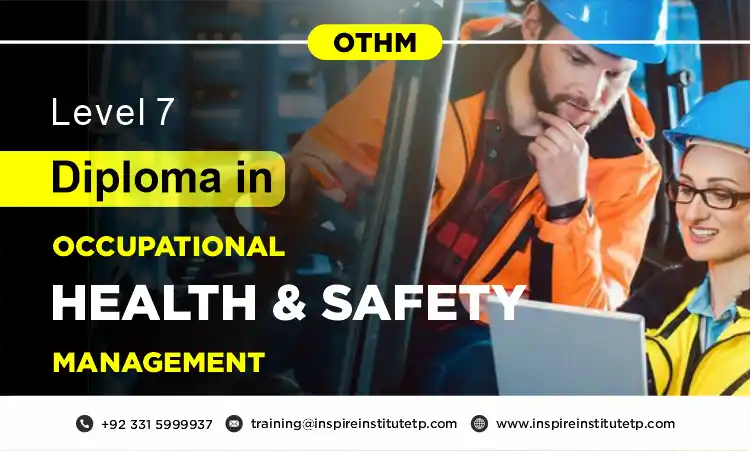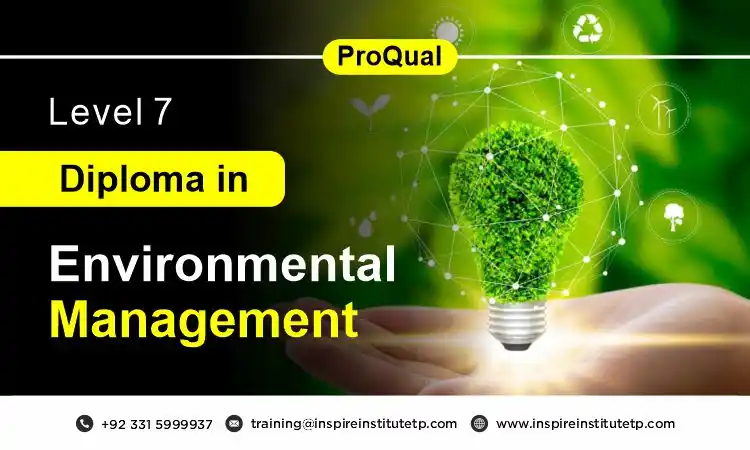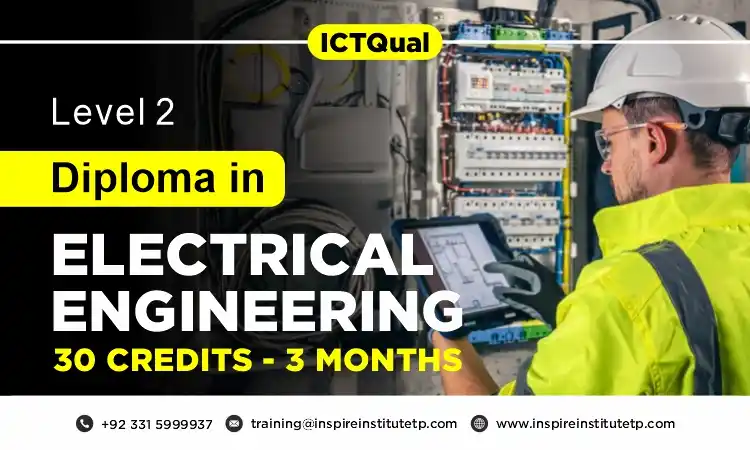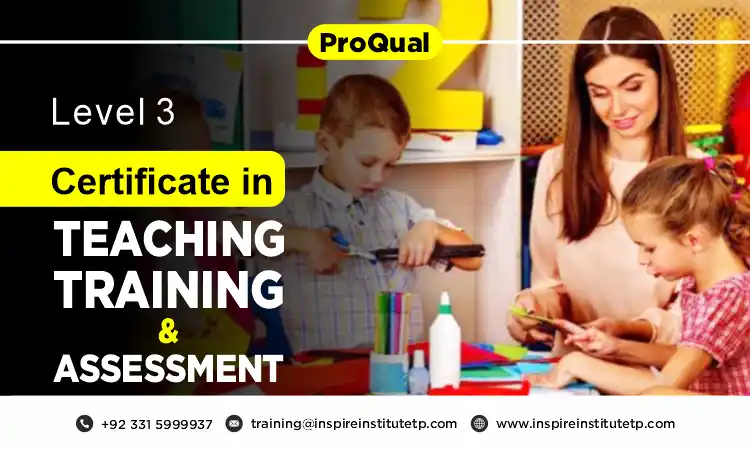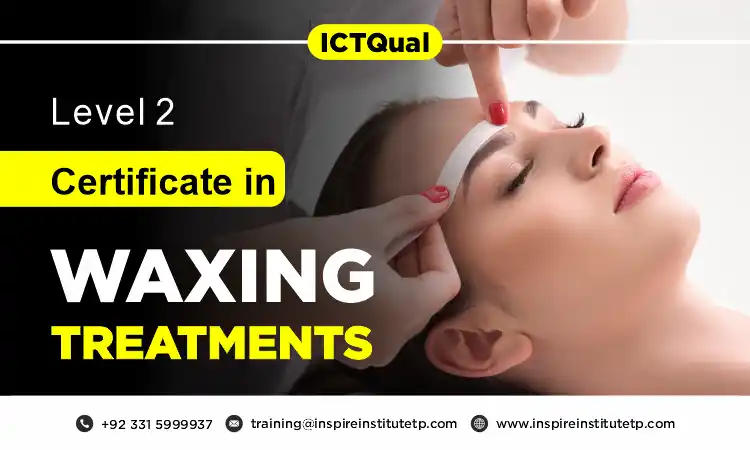ProQual Level 2 Award in Introduction to Well Control and Equipment for Oil and Gas
The ProQual Level 2 Award in Introduction to Well Control and Equipment for Oil and Gas is an entry-level qualification designed to provide individuals with a comprehensive understanding of the principles and practices of well control. This course covers a range of topics, including the function and importance of well control equipment, safety procedures, and industry best practices to prevent well blowouts and other hazards in the oil and gas industry.
It is ideal for those entering the field of oil and gas, those in operational roles who want to enhance their skill set, or even for organizations seeking to train their teams in safety-critical aspects of the oil and gas industry.The course is designed to build a solid foundation in understanding how to manage and control well pressure, prevent blowouts, and use equipment efficiently in a safe and regulated environment.
Why Choose this Qualification
- Gain Industry-Relevant Knowledge
- This course provides a solid introduction to the core principles of well control and the equipment used in oil and gas operations, making it ideal for individuals aiming to understand how safety and efficiency are managed during drilling activities.
- Globally Recognized Qualification
- As an Ofqual-regulated qualification awarded by ProQual, it is accepted by employers across the world, giving learners a competitive edge in both local and international oil and gas markets.
- Beginner-Friendly Entry Point
- No prior industry experience or technical background is required, making this course accessible to those new to the oil and gas sector or those transitioning from other industries.
- Focus on Safety and Risk Management
- The course emphasizes the importance of health, safety, and environmental standards in well control, helping learners understand how to minimize risks and prevent incidents such as well blowouts.
- Real-World, Practical Learning
- With a focus on real operational scenarios, the course offers practical insights that are directly applicable to job roles in drilling operations, rig work, or safety support functions.
- Improved Career Prospects
- Completing this qualification can open doors to entry-level roles in well operations, HSE (Health, Safety, and Environment), and field support, while also strengthening your CV for future advancement.
- Flexible Learning Approach
- The course is assignment-based and often delivered online or through blended learning, allowing learners to study at their own pace while managing work or personal commitments.
- Foundation for Further Study
- ProQual Level 2 Award in Introduction to Well Control and Equipment for Oil and Gas serves as a stepping stone to more advanced certifications in well control, drilling technology, or oil and gas safety management, supporting long-term career development.
- Enhances Workplace Confidence
- By understanding the basics of well control systems and processes, learners become more confident in contributing to a safe and efficient work environment in oilfield operations.
Course Overview
Ofqual Regulated Qualification
Course Level: Level 2
Average Completion Time:
1-3 Months
Mandatory Unit:1
Evidence & Assignment Based
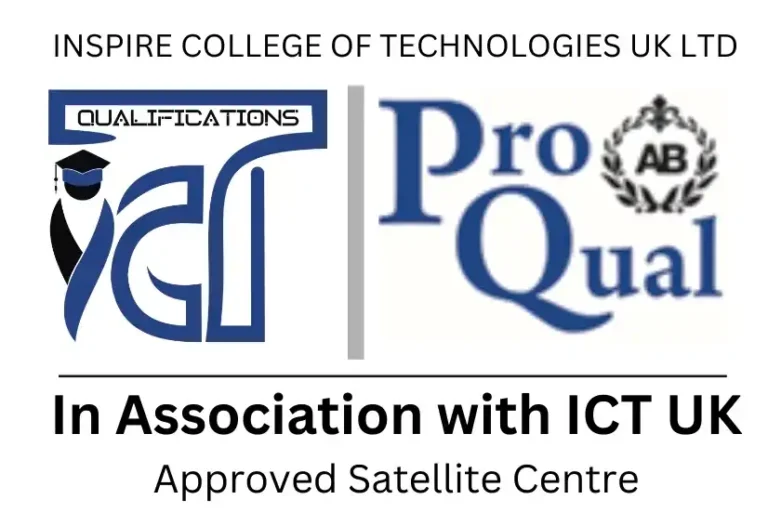
Inspire Institute of Technologies is Approved Satellite Centre of ProQual
Qualification Structure
To achieve the ProQual Level 2 Award in Introduction to Well Control and Equipment for Oil and Gas: Candidates must complete the following single Mandatory unit of 50 Guided Learning Hour.
Mandatory Unit
| Sr# | Unit Title |
|---|---|
| 1 | Introduction to Well Control and Equipment for Oil and Gas |
Who Should Take This Course
- New Entrants to the Oil & Gas Industry
- This course is ideal for individuals with little or no prior experience who are looking to start a career in the oil and gas sector, particularly in drilling, well services, or rig operations.
- Technical and Support Staff
- Personnel working in technical support roles, such as maintenance crews, field assistants, or logistics teams, who want to better understand well control principles and safety practices.
- HSE and Safety Personnel
- Health, Safety, and Environment (HSE) professionals seeking to enhance their knowledge of well control procedures and equipment to improve on-site safety management and compliance.
- Vocational and Engineering Students
- Students studying petroleum engineering, mechanical engineering, or energy-related vocational programs who want to gain practical industry knowledge before entering the workforce.
- Career Changers and Industry Switchers
- Individuals from other sectors (such as construction, marine, or utilities) looking to transition into the oil and gas industry and needing foundational knowledge to support that move.
- Supervisory and Junior Operational Roles
- Those working in entry-level supervisory or operational positions who want to build technical competence and safety awareness related to well control and drilling equipment.
- Training and Development Candidates
- Employers looking to upskill their workforce can enroll team members in this course to improve operational safety, technical understanding, and industry readiness.
Course Benefits
Course Benefits of the ProQual Level 2 Award in Introduction to Well Control and Equipment for Oil and Gas
- Builds Fundamental Industry Knowledge
- Learn the basics of well control, drilling operations, and key equipment used in oil and gas, giving you a strong foundation to start or grow your career.
- Globally Recognized Qualification
- As an Ofqual-regulated award by ProQual, this certificate is accepted and respected by employers worldwide, adding value to your professional profile.
- Enhances Health & Safety Competence
- Gain essential understanding of safety procedures, risk management, and well integrity, helping you contribute to safer work environments.
- Improves Job Opportunities
- With energy and oil & gas roles in high demand, this qualification boosts your employability in technical, operational, and support roles across the industry.
- Suitable for All Backgrounds
- No prior experience is needed. Whether you’re a beginner or switching careers, this course is accessible and relevant to a wide range of learners.
- Assignment-Based – No Exams
- All assessments are coursework-based, allowing you to demonstrate understanding through practical tasks instead of timed exams.
- Flexible Learning Options
- Many training providers offer online or blended formats, making it easier to learn while working or managing other responsibilities.
- Supports Career Progression
- Serves as a stepping stone to advanced qualifications such as the ProQual Level 3 Award in Well Control or HSE certifications in oil and gas.
- Applicable Across Multiple Job Roles
- Skills gained can be applied in drilling, rig operations, safety management, equipment handling, and more.
- Boosts Confidence in the Field
- Understand how oil and gas systems work, making you more confident and effective in real-world job roles, even in high-pressure environments.
Eligibility Criteria
Work Experience: While not mandatory, having some exposure to technical or industrial environments—such as oil & gas, energy, or mechanical operations—can be helpful. However, complete beginners are welcome.
Current Role: This course is suitable for individuals currently working or aspiring to work in entry-level roles in the oil and gas sector, including drilling assistants, rig crew, safety support staff, or technical team members.
Age Requirement: Learners must be at least 18 years old at the time of enrollment to ensure they are prepared for the responsibilities and learning outcomes of the course.
Educational Background: There are no academic prerequisites for this course. It is designed to be accessible for those without formal education in engineering or oil and gas but who are motivated to enter the industry.
Commitment: Applicants should demonstrate a genuine interest in the oil and gas industry and a commitment to learning about well control, equipment, and safe operational practices.
English Proficiency: As the course is delivered in English, learners should have a basic understanding of English for reading, writing, and following instructions.
The Qualification Process
Here is a step-by-step guide to help you understand the entire journey from pre registration to certification:
- Self-Assessment:
Learners begin with a self-assessment to evaluate their current knowledge, skills, and readiness for the course. This step helps identify learning goals and ensures the course aligns with personal and professional development needs. - Registration:
After the self-assessment, learners register with an approved training provider. Upon registration, access to course materials, support systems, and assignment guidelines will be provided. - Induction:
An induction session introduces learners to the course structure, learning outcomes, assessment methods, and expectations. It also includes guidance on how to navigate the learning platform and submit assignments. - Evidence Submission:
Learners complete and submit assignment-based evidence that demonstrates understanding of well control principles and equipment. Evidence may include written responses, case study analyses, and project-based tasks relevant to oil and gas operations. - Feedback and Revision:
Assessors provide detailed feedback on submitted work. If any areas require improvement or clarification, learners are given the opportunity to revise and resubmit their assignments to meet the required standard. - Competence Evidence:
Throughout the course, learners are expected to demonstrate practical understanding and competence in core topics such as well control procedures, safety practices, and equipment usage through real-life examples or simulated scenarios. - Internal Quality Assurance (IQA):
All submitted assessments undergo an internal quality assurance (IQA) process. This step ensures that the assessments are accurate, fair, and meet ProQual’s standards. - External Verification:
An external verifier, appointed by ProQual, reviews selected learner portfolios to ensure the integrity and consistency of assessment and quality assurance practices across all centers. - Certification:
Upon successful completion of all requirements and external verification, learners are awarded the ProQual Level 2 Award in Introduction to Well Control and Equipment for Oil and Gas. The certification is Ofqual regulated and globally recognized, confirming the learner’s knowledge and skills in well control basics.

